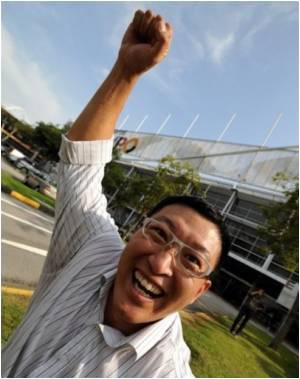A new research from Concordia University has brought us closer to realizing our dream for a longer life.

The findings may have significant implications for human longevity and health, as yeast share some common elements with people.
"Although we found that LCA greatly extends yeast longevity, yeast do not synthesize this or any other bile acid found in mammals," says senior author Vladimir Titorenko, Concordia University Research Chair in Genomics, Cell Biology and Aging and a professor in the Department of Biology.
"It may be that yeast have evolved to sense bile acids as mildly toxic molecules and respond by undergoing life-extending changes. It is conceivable that the life-extending potential of LCA may be relevant to humans as well."
Titorenko and colleagues screened more than 19 000 small molecules to test their ability to extend yeast-lifespan. Under both normal and stressed conditions, LCA had a major impact.
"Our findings imply that LCA extends longevity by targeting two different mechanisms," says first author Alexander Goldberg, a Concordia doctoral student.
Titorenko says: "Although we have an overall idea how LCA works to extend longevity in yeast, we still need to determine if this is the case for other species. We do know from previous studies, however, that bile acids are beneficial to health and longevity. For example, they have shown to accumulate in the serum of long living mice and play a role in improving rodent liver and pancreatic function."
The study has been published in the journal Aging.
Source-ANI
 MEDINDIA
MEDINDIA




 Email
Email




